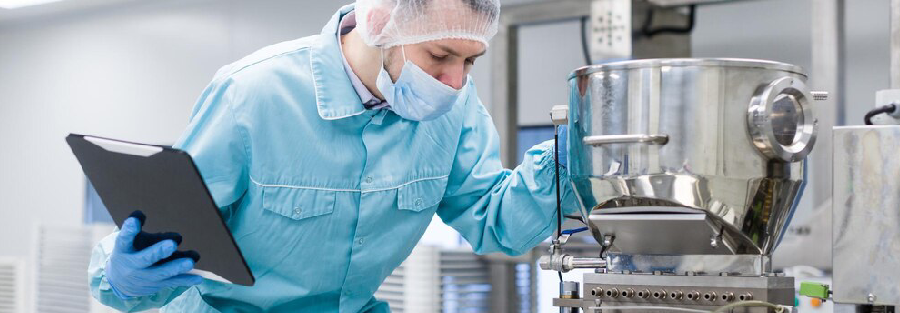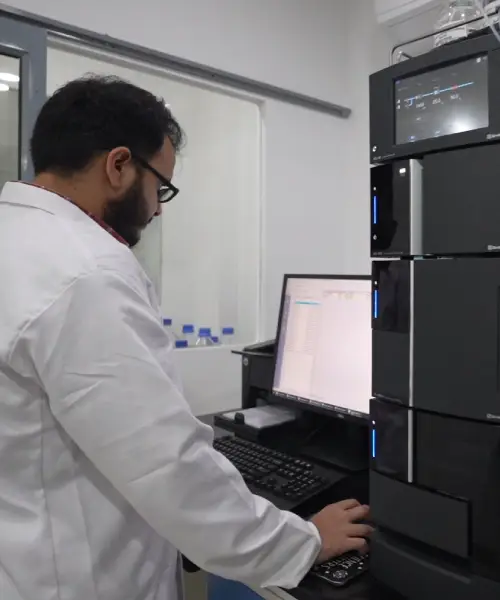
API Pharma
In the pharmaceutical industry, continuous improvement is not just a goal but a necessity. Process inefficiencies, compliance challenges, and technological gaps can hinder drug development and manufacturing, making process development in pharmaceutical production a critical focus.
To remain competitive and ensure high-quality outputs, companies invest in pharmaceutical process development services that optimize production, enhance compliance, and integrate cutting-edge innovations. This blog explores the three key pillars of process improvement—efficiency, regulatory adaptation, and technology—and how they shape the future of pharmaceutical manufacturing.
Three Key Pillars of Process Improvement
Pillar 1: Process Efficiency & Optimization
Efficiency is at the core of process development in pharmaceutical manufacturing. The goal is to streamline workflows, reduce waste, and enhance scalability, ensuring that drug production meets growing demands without compromising quality.
Key strategies for efficiency improvement include:
- Process Mapping & Optimization: Identifying bottlenecks and eliminating redundant steps to enhance production speed.
- Lean Manufacturing: Reducing material waste and improving resource utilization.
- Advanced Analytical Techniques: Real-time monitoring and predictive analytics to fine-tune processes.
Leading pharmaceutical process development services focus on these strategies to create scalable and cost-effective production methods. By optimizing chemical synthesis, formulation, and purification techniques, companies can improve yield and lower manufacturing costs while maintaining regulatory compliance.
For organizations seeking end-to-end process development service, leveraging expert guidance can accelerate efficiency-driven improvements.
Pillar 2: Compliance & Regulatory Adaptation
Understanding what is process development in the pharmaceutical industry requires a deep focus on regulatory compliance. With evolving guidelines from global agencies like the FDA, EMA, and WHO, pharmaceutical manufacturers must continuously adapt to meet stringent safety and efficacy standards.
Key aspects of regulatory adaptation include:
- Good Manufacturing Practices (GMP): Ensuring standardized processes that meet international quality benchmarks.
- Regulatory Documentation: Preparing detailed reports to support drug approvals.
- Change Control Management: Implementing systematic updates in response to new regulations.
Partnering with experts in pharmaceutical process development services ensures that processes remain compliant and flexible in adapting to evolving regulatory landscapes. Many companies rely on specialized process development service providers to stay ahead of industry changes while maintaining operational efficiency.
Pillar 3: Innovation & Advanced Technologies
Pharmaceutical manufacturers are increasingly adopting automation, AI-driven analytics, and continuous manufacturing to drive innovation. These advancements play a crucial role in enhancing process development in pharmaceutical production.
Key technological innovations include:
- AI & Machine Learning: Predictive analytics for process optimization and quality control.
- Automation & Robotics: Minimizing human error and enhancing production consistency.
- Continuous Manufacturing: Reducing batch variability and improving scalability.
Integrating these technologies requires expertise in pharmaceutical process development services, where specialized teams work to implement customized solutions. Many companies collaborate with CDMO solutions providers to seamlessly transition from traditional batch processing to more advanced, continuous methods.
By leveraging CDMO solutions, pharmaceutical manufacturers gain access to cutting-edge technologies that enhance efficiency, regulatory compliance, and overall process improvement.
Conclusion
The road to optimization in pharmaceutical manufacturing is built on three key pillars: efficiency, regulatory adaptation, and technological innovation. Companies that invest in pharmaceutical process development services can streamline production, ensure compliance, and adopt new technologies to remain competitive. Understanding what is process development in the pharmaceutical industry highlights the importance of continuous improvement in drug manufacturing.
As global demand for high-quality pharmaceuticals rises, working with industry experts and leveraging CDMO solutions will be essential for long-term success. For those seeking to enhance their pharmaceutical processes, exploring specialized process development service offerings can be the key to achieving optimized, compliant, and innovative manufacturing solutions.






